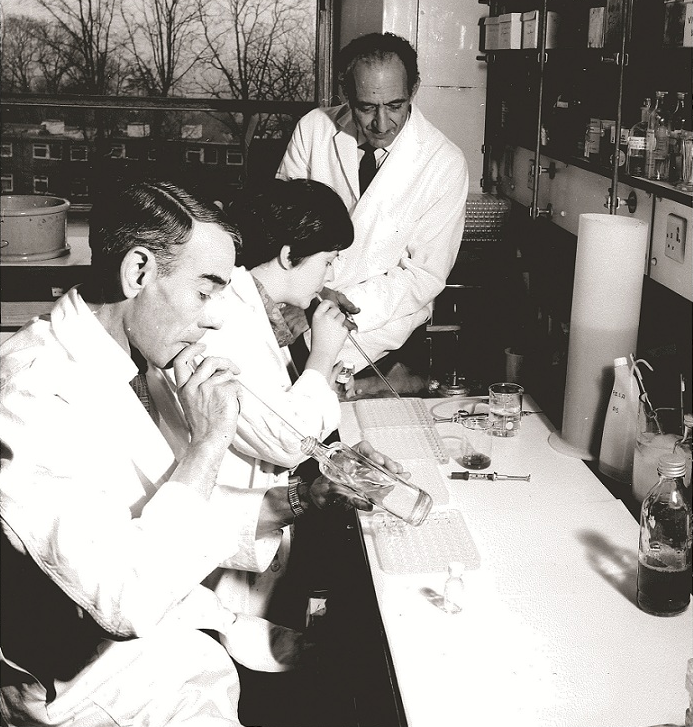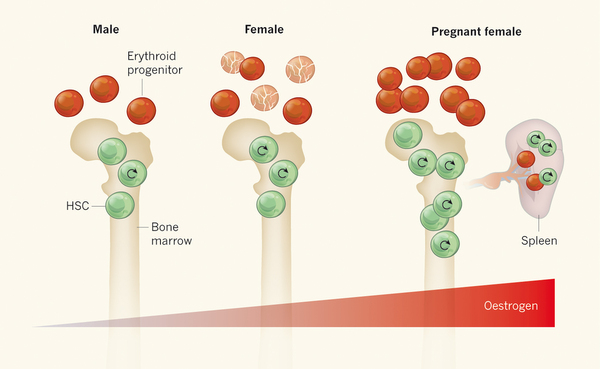Origins of the Pipette: Why Today’s Scientists Don’t Need to Use Their Mouths
by Meredith Wright My labmates and I recently found ourselves discussing mouth pipetting, an old technique where researchers used glorified straws as measuring tools. For reasons of accuracy, safety, and ‘ick’ factor, this practice has been largely eschewed in favor of hand-held micropipettes. A retired […]





